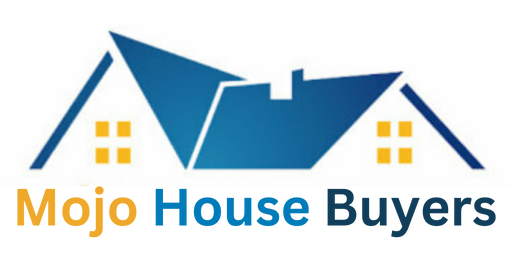
Foreclosure is a term that evokes fear and uncertainty among homeowners. The potential loss of a home not only disrupts personal lives but also has a cascading effect on neighborhoods and the larger real estate market. In New Jersey, [Market State], the repercussions of foreclosure can be even more nuanced due to local economic and social factors. Whether you are grappling with the possibility of foreclosure or are a seller in a market impacted by it, understanding the complexities is paramount. This in-depth analysis aims to shed light on the multiple dimensions of foreclosure effects in New Jersey.
The Blow to Your Credit Score
What Happens to Your Credit Score
Foreclosure is catastrophic for your credit score. A decline of 200-300 points is not uncommon. This reduced score could jeopardize your ability to secure future loans, rent an apartment, or even find employment in some cases.
The Long-term Implications
A foreclosure remains a blemish on your credit report for seven years. This can affect your financial stability for the long haul, including your ability to buy a new home, get lower interest rates, and even your negotiating power in financial transactions.
How to Mitigate the Impact
Credit rehabilitation is a long process but starting immediately can ease the long-term effects. Consult credit advisors and consider strategies like secured credit cards and timely payments to gradually rebuild your credit.
Impact on Property Value
Immediate Impact
Foreclosure homes often sell at prices substantially below their actual market value. This impacts the overall valuation of homes in the vicinity, causing a domino effect that can rapidly depress local real estate markets.
Long-term Impact
Over time, these lowered valuations can become the new normal, forcing sellers to either reduce their selling price or take their homes off the market, waiting for better times that may take years to come.
Seller Strategies
If you are selling in a foreclosure-affected area, consider home improvements and staging to make your property stand out. Transparency about the benefits and features of your home can also set it apart from foreclosed properties.
Inventory Spike
The Issue of Oversupply
Foreclosures inevitably lead to a surge in housing inventory. In a buyer’s market, this may seem like a good thing, but for sellers, it translates to heightened competition and lower prices.
How This Affects Timing
The added inventory prolongs the time homes spend on the market, requiring sellers in New Jersey to be prepared for a long-haul process that may involve price adjustments and additional marketing efforts.
Coping Mechanisms
One way to deal with this is to offer incentives such as covering closing costs or providing a home warranty to make your property more appealing compared to foreclosed homes.
Neighborhood Stigma
The Stigma Attached
Areas with high foreclosure rates often get stigmatized as ‘risky’ investments. Potential buyers may be discouraged, associating the area with economic instability.
Consequences for Sellers
Even if your property is in perfect condition, the overall perception of the neighborhood can deter potential buyers, lengthening the time your property remains on the market and perhaps forcing you to lower your price.
Counteraction Strategies
Highlighting community efforts, local amenities, and neighborhood watch programs can help mitigate this stigma. Sellers might also consider collective marketing efforts to improve the area’s reputation.
Economic Ripples
Impact on Local Businesses
As families face foreclosure and move away, local businesses suffer from reduced customer bases. This could lead to job losses, which exacerbate the economic downturn in a self-perpetuating cycle.
The Cycle of Foreclosures
The economic impact can be cyclical: fewer jobs lead to more foreclosures, which in turn lead to even fewer jobs. Breaking this cycle requires concerted community and policy efforts.
What Sellers Can Do
Being a part of local business networks and community organizations can help rally efforts to improve the local economy, indirectly helping the housing market.
Legal Repercussions
State Laws Matter
Foreclosure laws vary by state. In NJ, whether you go through a judicial or non-judicial foreclosure can make a significant difference in both the timeline and your options for recourse.
How to Prepare
Knowledge is power. Consult a real estate attorney familiar with NJ laws to explore all possible avenues of relief or delay.
In conclusion, sellers in New Jersey, NJ, facing the daunting prospect of foreclosure should be aware of the significant impact it can have on their lives, including property loss and credit damage. However, with the assistance of reputable companies like Mojo House Buyers, there is hope. Mojo House Buyers offers solutions such as short sales, loan modifications, and quick cash sales, helping homeowners mitigate the adverse effects of foreclosure and regain control of their financial future. In a state where foreclosure rates can be particularly challenging, seeking professional guidance from companies like Mojo House Buyers is essential for a more secure future.

